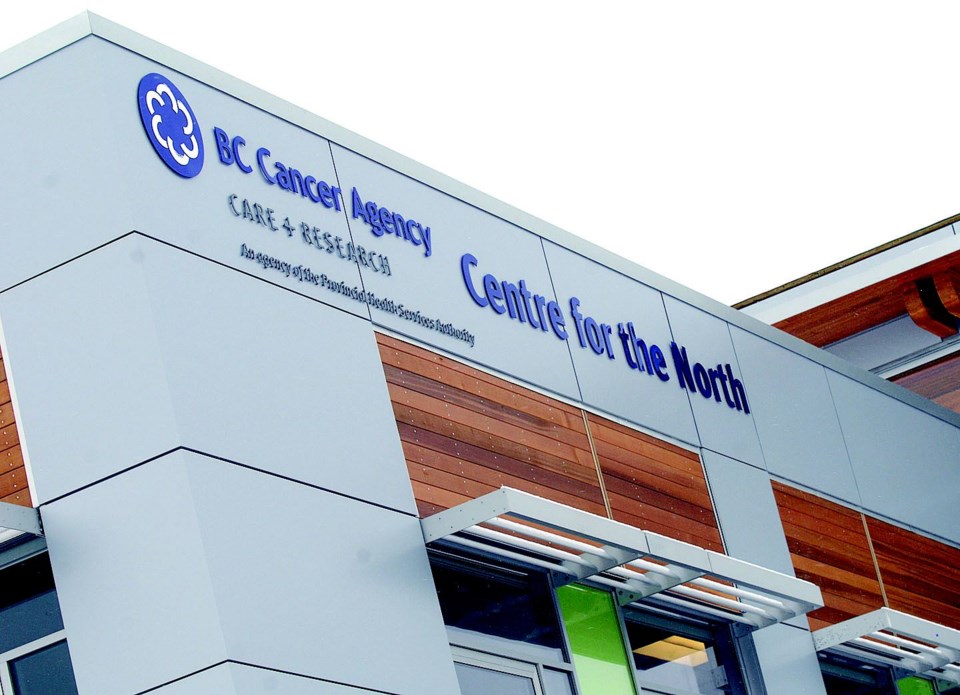The construction of the B.C. Cancer Centre for the North has come in under budget and ahead of schedule.
The facility, set to officially open later this year, has been built with $1.5 million to spare in its $69.9 million budget, thanks in large part to the strong Canadian dollar and lower than expected prices for equipment.
"This particular project had very smooth construction," Hal Collier, the chief project officer for the Northern Cancer Control Strategy, said. "I didn't believe you could actually get a volume discount on a linear accelerator, but the (B.C. Cancer Agency) has contracts for about 20 or 30 of these in the province, so they were able to negotiate a very good price."
Collier said a series of contingency funds had been set up by the Ministry of Health in case there were hiccups along the way, but because things went so well, none of the funds were accessed.
Although the construction of the building itself was finished two months early, the actual opening date for the cancer centre remains unchanged. Collier said there's still a lot of work to be done in training staff and getting the finishing touches in place.
"There's a difference between finishing construction and opening a centre," he said. "It's hard to believe, but building the centre is the easy part."
The B.C. Cancer Agency has yet to announce an official opening date.
Once the doors are open, the centre will give patients in the region more treatment options locally and should lead to fewer trips to larger centres. The centre will include two linear accelerators, which are used for radiation treatments, a CT simulator and a chemotherapy unit.
Dr. Max Coppes, the new president and CEO of the B.C. Cancer Agency, is excited about the potential the new facility holds.
Coppes, who hails from the Netherlands and most recently worked in the United States, just assumed his new duties with the cancer agency earlier this month.
As for what happens to the extra $1.5 million that wasn't used for the construction, Collier said that's up to the provincial government to decide.
"It basically belongs to the people of British Columbia and it's really under the control of the Ministry of Health," he said. "We're in negotiations with them on what happens to that, but it's really in their hands."


